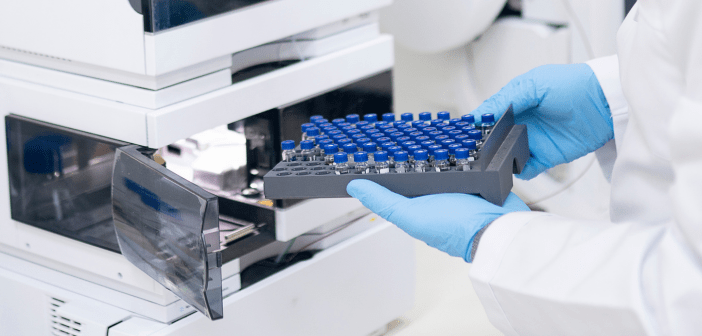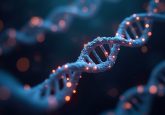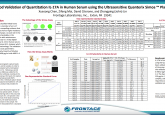SCIEX announce new MS technologies and a biotech partnership

At the 72nd ASMS conference (June 2–6 2024; CA, USA) SCIEX (MA, USA) have made some exciting announcements, including the launch of a new mass spectrometer: the 7500+ system.
The announcements include:
A new data independent acquisition
SCIEX have introduced ZT Scan DIA for LC–MS/MS, a next-generation data-independent acquisition (DIA) technology. This innovation combines the quadrupole dimension with MS2 data from the Zeno trap, enhancing precision and sensitivity in proteomic measurements. ZT Scan DIA enables the quantification of more proteins with higher precision and speed, improving throughput and reducing uncertainty in biomarker discovery and development, as well as informing disease understanding. The new technology allows for crucial pathway decisions to be made with precise quantitative outcomes up to ten times faster than previous workflows.
Additionally, SCIEX announced a collaboration with Bioinformatics Solutions Inc. (BSI) (Waterloo, Canada) to integrate BSI’s deep learning-driven PEAKS software with ZT Scan DIA. BSI’s PEAKS software is a recognized leader in proteomic data processing, and this partnership will enhance protein and peptide identification rates and quantitative accuracy through deep learning.
“Whether confirming if a biomarker is the right target, validating a new translational biomarker as a drug discovery candidate, or deciding a pathway for therapeutic efficacy, the decisions you make count. ZT Scan DIA will help researchers extract insightful biological answers from its multidimensional data,” stated Jose Castro-Perez, Vice President of Product Management at SCIEX.
A new mass spectrometer: the 7500+ system
The 7500+ system is the latest mass spectrometer in SCIEX’s quantitative portfolio and features Mass Guard technology, a new proprietary innovation that can actively filter out contaminating ions. This allows the instrument to maintain high sensitivity for up to twice as long as existing technologies, enhancing resilience and reducing risk of downtime across diverse sample types.
It also boasts a removable DJet+ assembly for improved serviceability and can perform up to 800 MRMs per second, making it SCIEX’s fastest Triple Quad yet. Additionally, the system supports dry roughing pumps to reduce electricity consumption by 24% compared to oil-sealed pumps.
“Over the years, we have worked with experts in the field and innovated various breakthrough quantitative solutions. We have seen demand increase for testing on more and more sample types at high sensitivity. The SCIEX 7500+ system meets these needs by ensuring the highest performance can be maintained for longer and across these increasingly complex matrices,” explained Joe Fox, President at SCIEX.
You may also be interested in:
- Infographic: Gyrolab® hybridization assays for oligonucleotide analysis
- Editor’s highlights from the 18th WRIB conference 2024
- Accelerating quantification of oligo therapeutics with robust microfluidic methods
Chris Lock, the Vice President of Global Research and Development at SCIEX, also commented: “I’m very proud of the contributions SCIEX has made to quantitative MS over the years. A hallmark of our products has always been industry leading sensitivity whilst ensuring the highest robustness and reliability. The SCIEX 7500+ system, with the innovative Mass Guard technology, not only delivers a significant speed enhancement enabling 800 MRM transitions per second to be monitored, [but] takes robustness to the next level. We subjected this system to some of our customers’ most challenging matrices and we think you’ll find the results truly impressive.”
A new advanced artificial intelligence software
At ASMS 2024, SCIEX and Mass Analytica (Sant Cugat del Vallés, Spain) also introduced AI quant, an advanced artificial intelligence quantitation software designed to process data from SCIEX’s 7500+ system, ZenoTOF 7600 system and Echo MS+ system. AI quant uses AI and machine learning to rapidly analyze data, enhance productivity and automate high-resolution MS/MS analysis with an intelligent fragment selection algorithm. This software streamlines workflows, reduces data processing time and maximizes data utilization, providing actionable insights and customizable endpoints from MS data.
“The amount of data produced with SCIEX systems is rich with information, but typically only a small part can be used during a manual process. AI quant software can maximize the use of the data, turning it into information to derive the customer endpoint while minimizing human intervention. It is a streamlined solution turning mass spec data into a customizable endpoint such as clearance, in vivo PK, and more,” concluded Ismael Zamora, CEO of Mass Analytica.






